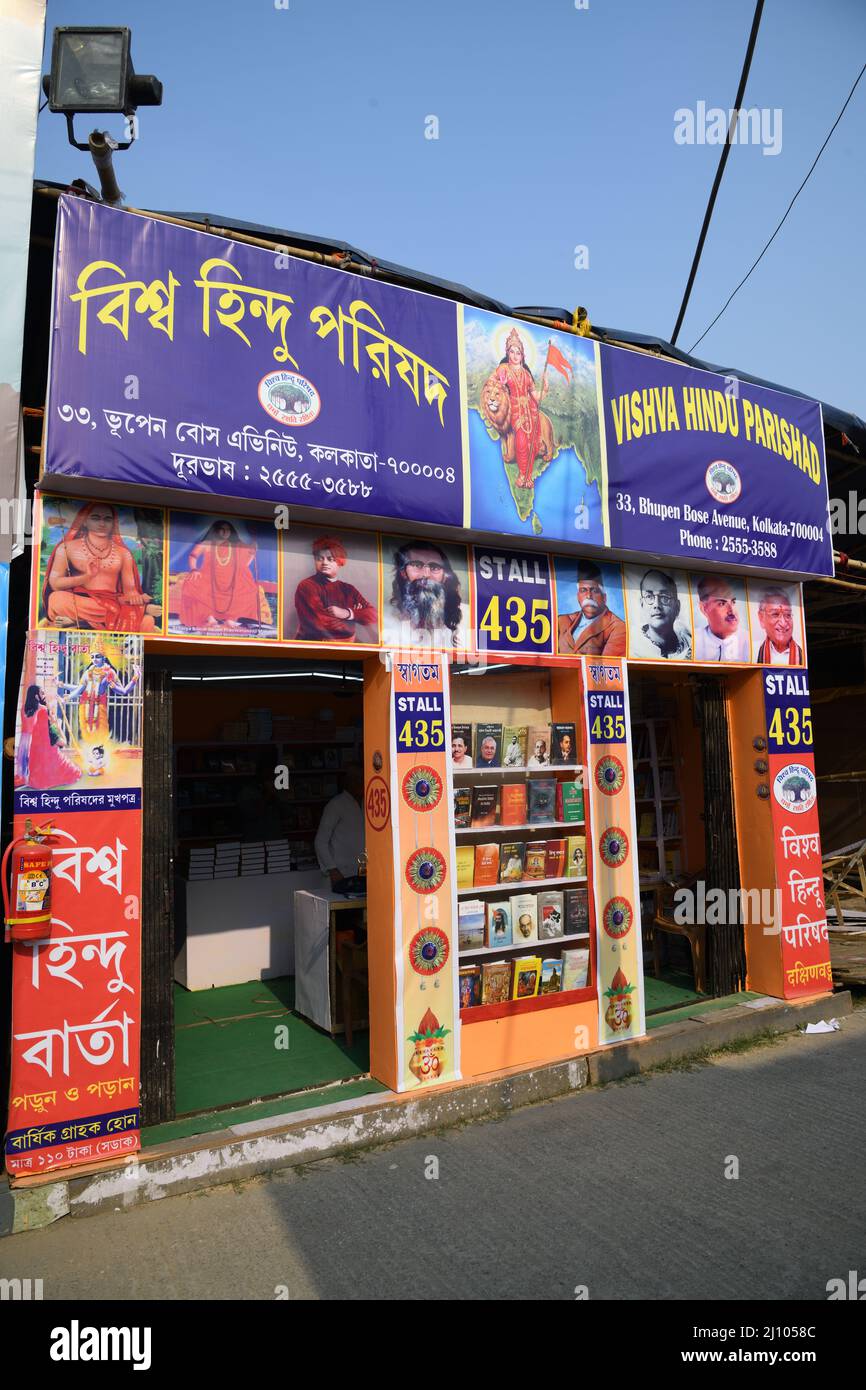
The campaign, titled "Free Temples from Government Control," is a significant step in the VHP's long-standing advocacy for greater independence for Hindu temples. The VHP has consistently raised concerns over the administration of temples by government-appointed officials, citing issues of mismanagement, misuse of funds, and lack of transparency. The organization has now intensified its efforts, calling for a nationwide movement that will mobilize public support to pressure the government into returning control of temples to religious communities.
One of the central arguments of the VHP is that the government’s control over Hindu temples violates the basic tenets of religious freedom. According to VHP leaders, state interference in temple affairs creates a barrier to the proper management and development of temples, which they believe should be under the guidance of religious leaders and local communities. The VHP has also pointed to other religious communities, including Muslims and Christians, who, according to the group, have full autonomy over their places of worship. The VHP believes that the equitable treatment of religious communities would involve granting Hindu temples the same freedoms to manage their affairs without state oversight.
The movement has garnered considerable attention, particularly among conservative Hindu groups, who view the government’s involvement as an encroachment on their religious rights. The VHP’s national spokesperson emphasized that temples are a vital part of India’s cultural heritage, and their control should rest solely with the Hindu community, not with state or central authorities. The spokesperson also made it clear that the VHP’s stance is not aimed at undermining the secular fabric of the country, but rather at protecting the rights of Hindus to freely practice their religion.
The call for temple autonomy is also connected to the financial mismanagement of some temples under state control. Several temple trusts, managed by state-appointed boards, have been criticized for their opaque handling of funds, leading to allegations of corruption and waste. The VHP has pointed to incidents where funds meant for temple development were diverted for other purposes, as well as instances where state-appointed administrators failed to properly maintain the temples. For many devotees, this raises concerns over the long-term viability of Hindu temples, particularly in rural areas where temples often serve as centers of religious, social, and cultural life.
State governments, however, have defended their involvement in the management of temples, citing legal precedents and historical practices. The government contends that such regulation ensures the welfare of temples and safeguards against misuse of temple funds. They argue that without state oversight, there is a risk of temples being hijacked by private interests or sectarian groups. The government also points to the large number of temples in India, many of which are located in areas with limited administrative oversight, as justification for maintaining state control.
The campaign to free temples from government control also comes at a time when debates surrounding the role of religion in public life have become increasingly polarized in India. Critics of the VHP’s position argue that the push for temple autonomy is part of a broader agenda to centralize religious power within Hindu organizations, which they claim could fuel religious tensions. Some secular groups have warned that granting religious groups autonomy over temples could pave the way for greater sectarianism and discrimination against religious minorities.
Supporters of the VHP, however, argue that their campaign is rooted in the principle of religious freedom. They stress that the primary goal is not to create divisions but to ensure that temples are able to flourish without the interference of political interests. The VHP's stance has found resonance with various sections of the Hindu population, including religious leaders, devotees, and cultural organizations, who feel that state control has diminished the spiritual significance of temples. In their view, temples should be governed by religious authorities who understand the cultural and spiritual needs of the community.
The VHP’s initiative has sparked discussions about the future of temple management in India. As the movement gains momentum, it is expected to influence ongoing debates on religious autonomy and governance in the country. The issue touches upon a range of complex and sensitive topics, including the role of the state in religious affairs, the separation of religion and politics, and the balance between secular governance and religious freedoms.
